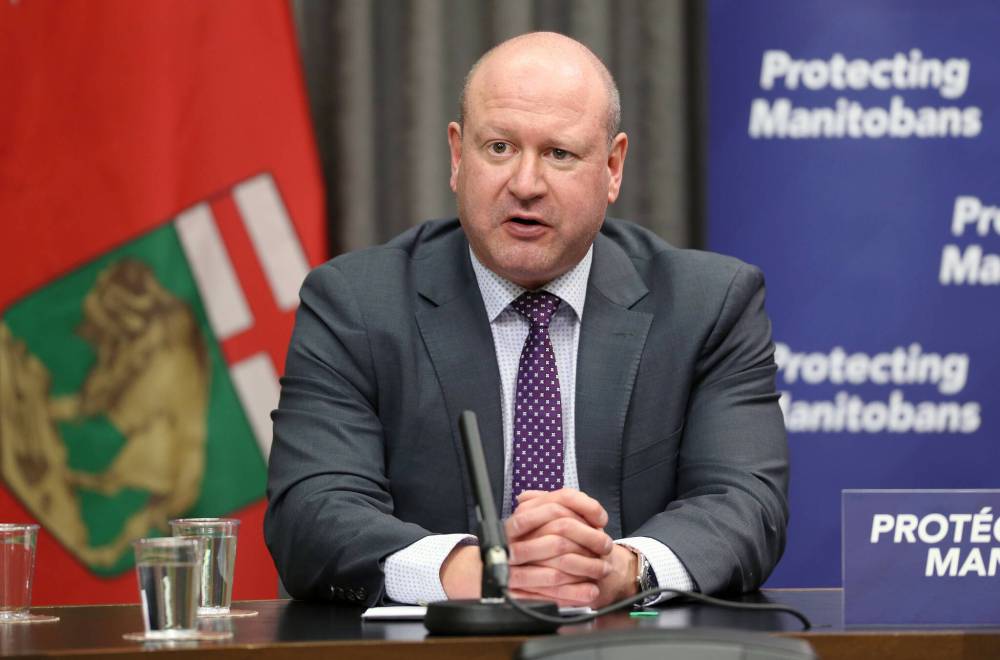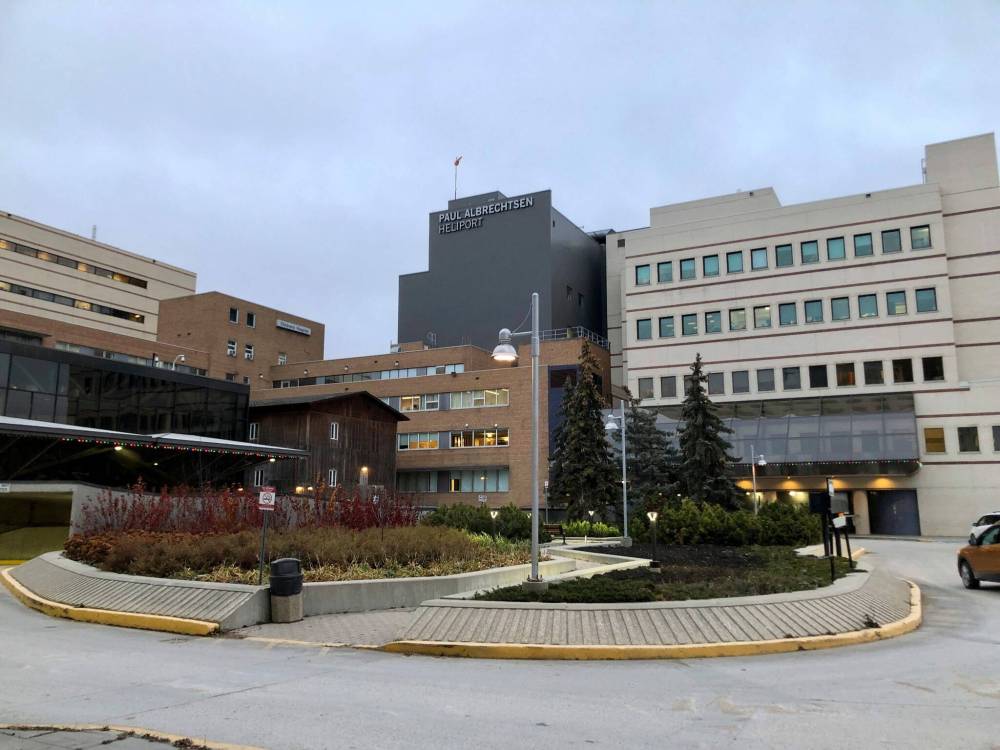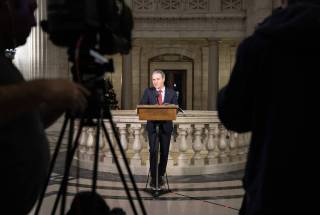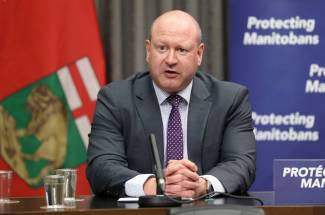Health-outcome disparities must be addressed
Read this article for free:
or
Already have an account? Log in here »
To continue reading, please subscribe:
Monthly Digital Subscription
$0 for the first 4 weeks*
- Enjoy unlimited reading on winnipegfreepress.com
- Read the E-Edition, our digital replica newspaper
- Access News Break, our award-winning app
- Play interactive puzzles
*No charge for 4 weeks then price increases to the regular rate of $19.00 plus GST every four weeks. Offer available to new and qualified returning subscribers only. Cancel any time.
Monthly Digital Subscription
$4.75/week*
- Enjoy unlimited reading on winnipegfreepress.com
- Read the E-Edition, our digital replica newspaper
- Access News Break, our award-winning app
- Play interactive puzzles
*Billed as $19 plus GST every four weeks. Cancel any time.
To continue reading, please subscribe:
Add Free Press access to your Brandon Sun subscription for only an additional
$1 for the first 4 weeks*
*Your next subscription payment will increase by $1.00 and you will be charged $16.99 plus GST for four weeks. After four weeks, your payment will increase to $23.99 plus GST every four weeks.
Read unlimited articles for free today:
or
Already have an account? Log in here »
Hey there, time traveller!
This article was published 21/12/2022 (1089 days ago), so information in it may no longer be current.
The numbers don’t lie. And the numbers are alarming.
Health-outcome statistics for racialized Manitobans lag distressingly behind those for the general population, and the situation is getting worse rather than better.
The provincial government is fully aware of the numbers, and has recently made a very public commitment to address them in a meaningful way. On Tuesday, a stark reminder of the urgency of that pursuit was produced in the form of the long-delayed 2022 Health Status of Manitoba Report, delivered by chief provincial public health officer Dr. Brent Roussin.

“The health of people in Manitoba is not equal,” Dr. Roussin said after outlining an overall improvement in Manitobans’ health status and life expectancy, “and the gap in health between First Nations and all other people in Manitoba is, in fact, widening.”
The 78-page report unveiled Tuesday is the first high-level assessment of Manitobans’ health since 2015. Under the province’s public-health legislation, a report on population health must be delivered to the health minister every four years; the current report was delayed two years by pandemic-related concerns and complications.
In preparing the report, Dr. Roussin paid considerable attention to the social determinants of health, which he defined as “the conditions in which people are born, grow, live, work and age — conditions that together provide the freedom people need to live lives they value.”
The report also notes such conditions “have a large impact on our health and include experiences of racism and colonialism, gender, Indigenous identity, social status and access to income, employment, housing and education. Other factors, such as cultural and family connections, language retention and strong community networks and identity, also have important impacts on health and well-being.”
And the numbers that don’t lie? They include the revelation that life expectancy for Indigenous people is 11 years shorter than for Manitoba’s general population, and that the rate of premature death (defined as before the age of 75) is three times greater for Indigenous people than for Manitobans in general.
Suicide rates are also significantly higher among First Nations people.
All of which is to say urgent action is required on the part of the province to address health disparities for racialized Manitobans. The Stefanson government acknowledged this need in September when it announced, with considerable fanfare, a formal declaration pledging to eradicate anti-Indigenous racism in Manitoba’s health-care system.
The Declaration to Eliminate All Forms of Indigenous-Specific Racism was signed in Thompson on Sept. 26 by Manitoba Keewatinowi Okimakanak (MKO), Keewatinohk Inniniw Minoayawin (KIM) and the Northern Regional Health Authority, and witnessed by Minister of Health Audrey Gordon.

In signing the document, NRHA CEO Helga Bryant acknowledged, and apologized for, the existence of institutionalized racism toward Indigenous people in the region, and stated the authority has much to learn and, in many cases, unlearn.
The need for such learning (and unlearning) is emphatically supported by the six broad recommendations in the conclusion of Dr. Roussin’s report — including the need for continued measurement and enhanced understanding of health disparities, setting measurable and achievable goals for reducing those gaps, engaging with community leadership to tackle health disparities and supporting Indigenous-led responses to health issues.
The report makes clear that there must be no delay in finding solutions to this glaring inequality in health outcomes. The province must act with all due haste to fulfill the pledge it signed in Thompson. Full public disclosure of the results must be provided on a frequent and ongoing basis.
The numbers won’t lie.








